News
Belgian financial sector launches campaign to help consumers avoid online fraud
The financial sector’s federation, Fibelfin, is initiating a campaign to respond to the sense of ...
 Explore More
Explore More
News
Norway’s DNB is Facing a Possible Fine of $45M for Poor AML Compliance
Norway’s leading bank, DNB ASA, faces the possibility of a $45 million penalty for its inadequate...
 Explore More
Explore More
News
Facebook’s New AI Can Help You Circumvent Facial Recognition
Facial recognition technology is primarily used to detect and identify people but in a turn of ev...
 Explore More
Explore More
News
Crypto Adoption on the Rise, PayPal will Offer Crypto Payments in 2021
In the digital era, companies are shifting toward digital means of communication. Banks have plan...
 Explore More
Explore More
News
AUSTRAC Outlines Common Reporting Mistakes at Industry Outreach Event
Australian regulator, AUSTRAC, highlighted important reporting errors in AML/CFT programmes of re...
 Explore More
Explore More
News
UAE Levies Charges Over DH115 Million to Combat Money Laundering
A total of Dh115 million ($31.3 million) has been fined by the UAE in its efforts to impede money...
 Explore More
Explore More
News
2021 to Set New Record for Most Data Breaches in a Year
Studies have shown a staggering 1,291 data breaches till the end of September this year, exceedin...
 Explore More
Explore More
News
Economic and Financial Crimes Commission (EFCC) Notifies Estate Agents of Anti-Money Laundering Procedures
The Economic and Financial Crime Commission (EFCC) has instructed estate agents in Port Harcourt ...
 Explore More
Explore More
News
French Magazine XXI to Reveal ICIJ’s Take on Tax Havens
In an interview with ICIJ, XXI editor David Servenay says that the offshore world is more powerfu...
 Explore More
Explore More
News
Banks take measures to serve customers amid COVID-19
The banking industry is stepping up to serve customers as well as their employees as the Coronavi...
 Explore More
Explore More
News
US Regulators Worried about the Rise in Synthetic Identity Fraud
Synthetic identity fraud, a financial crime in the USA, is on the rise. This has concerned the Un...
 Explore More
Explore More
News
FATF to Conduct Checks & ‘Gray List’ Countries to Enforce Crypto AML Regulations
Global financial watchdog FATF has planned to perform checks and ‘grey list’ countries to ensure ...
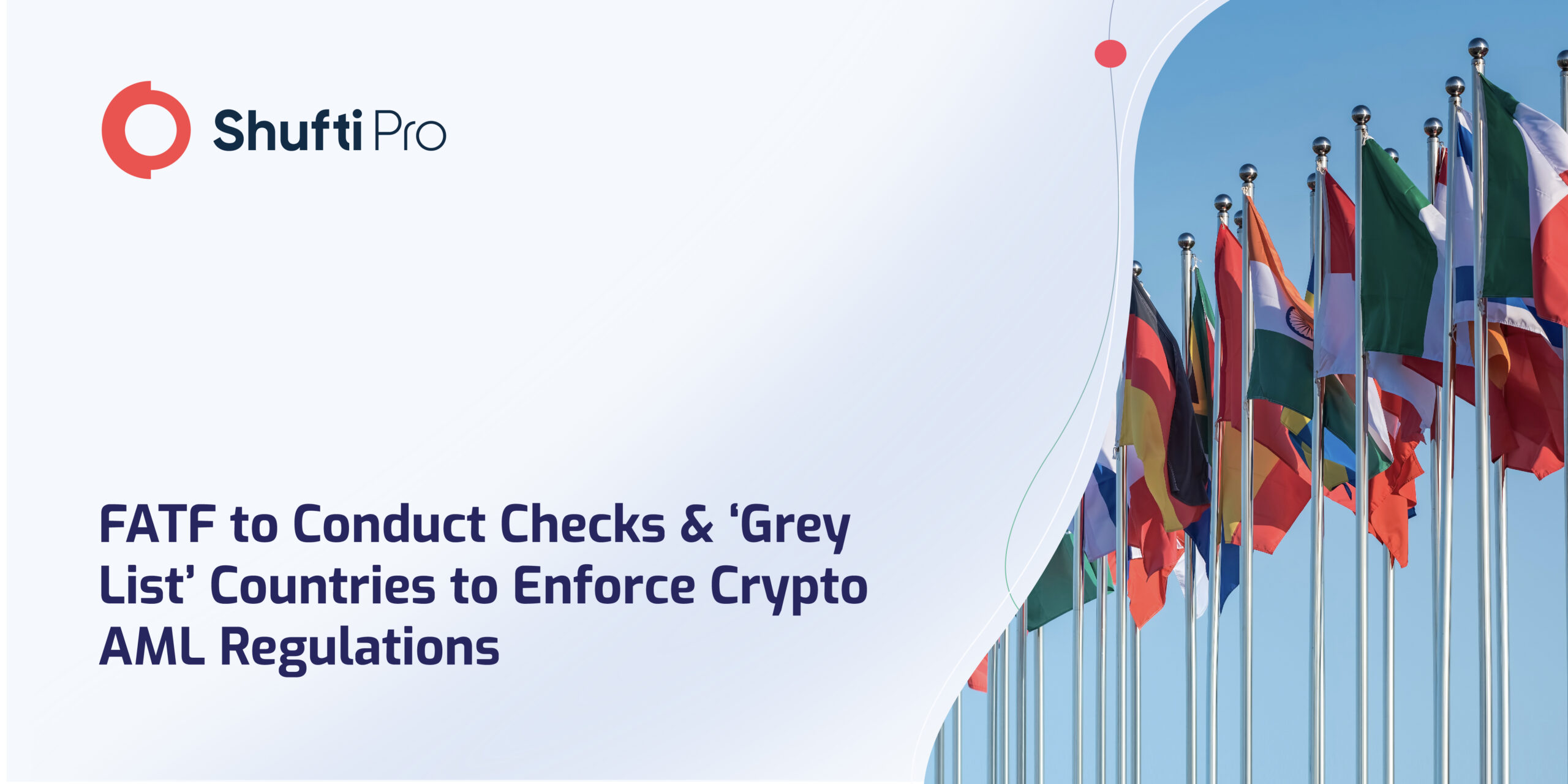 Explore More
Explore More
News
Biden Increases 50% Budget for FinCEN to Omit Financial Crimes
President Joe Biden of the USA is pushing a plan for a 50% increase in the budget set aside for t...
 Explore More
Explore More
News
Binance Fined $3.4 million by Dutch Central Bank For Violating Regulatory Laws
The De Nederlandsche Bank (DNB) fined Binance with $3.4 million for failing to get regulatory ap...
 Explore More
Explore More
News
UK’s AML Regulations for Art Market Excludes Art Creators
The UK to implement new Anti-Money Laundering regulation to cover the art market from 10th June 2...
 Explore More
Explore More
News
European Union Drafts Crypto Transfer Legislation to Curb Money Laundering
The European Union has introduced legislation to identify crypto transfers as part of wider anti-...
 Explore More
Explore More
News
Bitcoin scam exposes thousands to a data breach
Fraud websites have successfully stolen the personal records of a number of individuals from the ...
 Explore More
Explore More
News
Swiss Prosecutors Scrutinize Lebanon’s Central Bank for Money Laundering
Prosecutors in Switzerland are carrying out investigations from the British Virgin Islands to Gen...
 Explore More
Explore More
News
Hong Kong opens up its first online-only bank
According to reports, ZA Bank, the first online bank in Hong Kong, opened up on Tuesday (March 24...
 Explore More
Explore More
News
Online fraudsters steal £17m over COVID-19 lockdown
About £17 million have been lost due to online fraud over the Coronavirus lockdown period with yo...
 Explore More
Explore More
News
New Jersey Hospital System Hit By a Ransomware Attack
One of the largest hospital systems of New Jersey has reported that it was hit by a ransomware at...
 Explore More
Explore More
News
FSA Japan Considers Imposing Stricter Regulation on Cryptocurrency
The updated regulation will be designed to provide better protection to Japanese investors.
Accor...
 Explore More
Explore More
News
Ransomware attacks three US universities
A ransomware group has successfully stricken three universities within the week. They claim that ...
 Explore More
Explore More
News
MFSA Tightens Financial Regulations for Lawyers, Auditors, and Accountants
Professionals in Malta, lawyers, accountants, and auditors, etc. are resisting the new rules that...
 Explore More
Explore More
News
“The Community” Fined $120M for Multi-million Cryptocurrency Theft Scheme
A sixth member of “The Community” was sentenced to 10-month imprisonment and over $120,000 fine f...
 Explore More
Explore More
News
SkyCity Entertainment Earmarks $29m for Anticipated AML/CFT Regulations Fine
Australian gaming company, SkyCity Entertainment, has provisioned $29m in anticipation of a civil...
 Explore More
Explore More
News
Tech Giant Olympus Hit by Ransomware Attack from ‘BlackMatter’, Successor of DarkSide
More than 40 ransomware attacks have been attributed to BlackMatter, a ransomware-as-a-service gr...
 Explore More
Explore More
News
Leaked Draft: EU Plans to Ban Privacy Enhancing Crypto Coins
CoinDesk has received a leaked draft of the money laundering bill, disclosing plans of the Europe...
 Explore More
Explore More
News
Iran’s Finance Ministry Releases List of Individuals Suspected of Money Laundering
The Finance Ministry of Iran has released its first list of individuals suspected of having links...
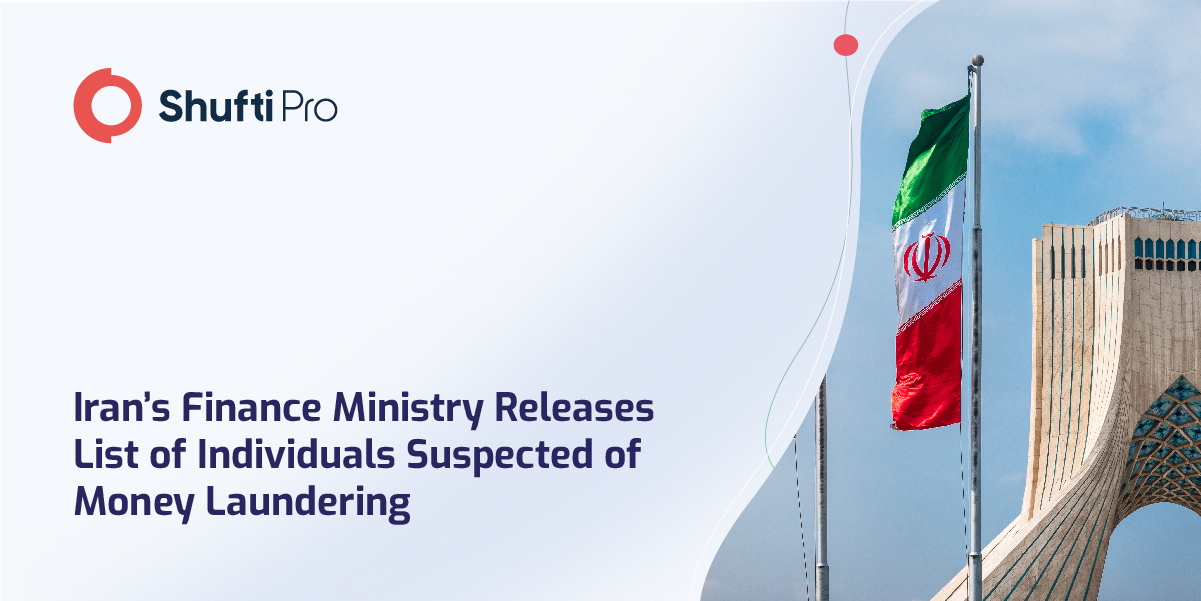 Explore More
Explore More
News
UK Gambling Commission Fines 888 with £9.4m for AML Failings
Great Britain’s Gambling Commission has issued 888 with a fine of £9.4 million over a series of s...
 Explore More
Explore More
News
United States Senate, UAE Government, and Spain Make Significant Efforts to Curb Money Laundering and Terrorist Financing Activities
United States Senate, UAE Government, and Spain Take effective measures to amend current Anti-Mon...
 Explore More
Explore More
News
Uber joins lawsuits to exempt itself from California law
California law effective from today, i.e. Jan 1 is all set to give equal protection to independen...
 Explore More
Explore More
News
UAE’s AML Body Adopts Regulatory Framework for Virtual Assets
The new rule for virtual assets has been devised in accordance with the crypto travel rule issued...
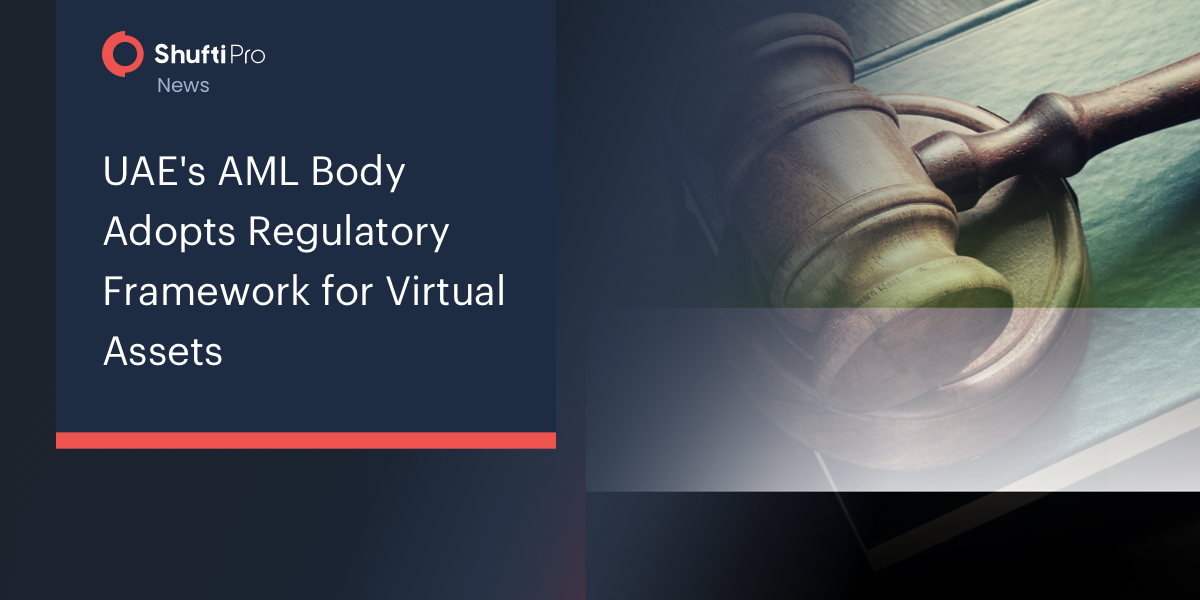 Explore More
Explore More
News
Face Detection Tool to Fight Bots Under Trial by Facebook
Facebook is currently battling a $35 billion class-action lawsuit for alleged misuse of facial re...
 Explore More
Explore More
News
Germany to Establish New Regulatory Body to Combat Money Laundering
It has been reported that the German government will create a new regulatory body to combat money...
 Explore More
Explore More
News
Banks take measures to serve customers amid COVID-19
The banking industry is stepping up to serve customers as well as their employees as the Coronavi...
 Explore More
Explore More
News
Ransomware Attack Exposes 5.8 Million Pharmaceutical Records of PharMerica Corporation
A breach notification was filed with the Maine Attorney General’s Office for the first time, reve...
 Explore More
Explore More
News
Home Office Reveals 20% of UK Businesses are Affected by Fraud
An extensive survey of thousands of businesses between 2018 and 2022 determined that one in five ...
 Explore More
Explore More
News
US DOJ Arrests Two in Alleged NFT Money Laundering, Rug Pull Scheme
The US Department of Justice has arrested two in a $1.1 million non-fungible token fraud and mone...
 Explore More
Explore More
News
The Bicycle Hotel & Casino Fined $500K For Violating AML Laws
The Bicycle Hotel and Casino will be paying $500K in fine as it failed to report Currency Transac...
 Explore More
Explore More
News
Philippines Extends Registration Period for Amended AML Regulations
The Anti-Money Laundering Council in the Philippines has revisited the guidelines of the Anti-mon...
 Explore More
Explore More
News
Mass Stablecoin Adoption Could Assist Financial Crime – Says FATF
FATF suggests nations and financial service providers should identify potential risks of cryptocu...
 Explore More
Explore More
News
Are Educational Institutes Becoming the Next Target for Money Laundering?
According to an investigation by The Times, higher-educational institutes have been unintentional...
 Explore More
Explore More
News
United Nations Ranks Kenya at Position 24 in the Dirty Money Business
Every year, the United Nations conducts surveys on how the countries are performing. One of the U...
 Explore More
Explore More
News
FIU Recovers $284K From Two Companies Suspected of Money Laundering and Tax Evasion
The Financial Intelligence Unit of Liberia (FIUL) has recovered more than $284,000 from two compa...
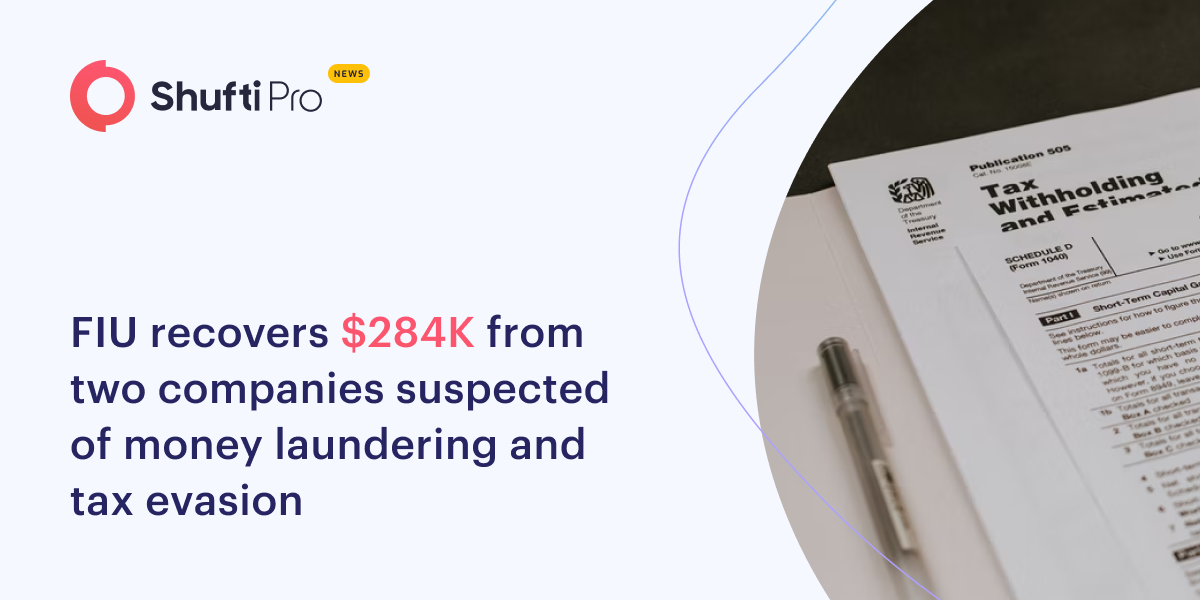 Explore More
Explore More
News
‘Businesses need to brace for Iranian Cyberattacks’ – warns Homeland Security
The news of the assassination of Iranian military commander, Qaem Soleimani, is all over the medi...
 Explore More
Explore More
News
Canada loses millions in online scams
According to CBC News, 6492 incidents of fraud were reported to Edmonton Police last year, result...
 Explore More
Explore More
News
Man Arrested For Stealing Identities, Funding 1800 Online Gambling Accounts
The man suspected of stealing other’s identities to create online gambling accounts has finally b...
 Explore More
Explore More
News
United Nations Calls for a Pact to Fight Financial Crimes
United Nations’ panel of experts has called on the governments around the world to take part in e...
 Explore More
Explore More
News
SRA Receives Fewer AML Violation Reports from England & Wales Despite Sanctions Drive
Anti Money Laundering (AML) violations in England & Wales reported to the Solicitors Regulati...
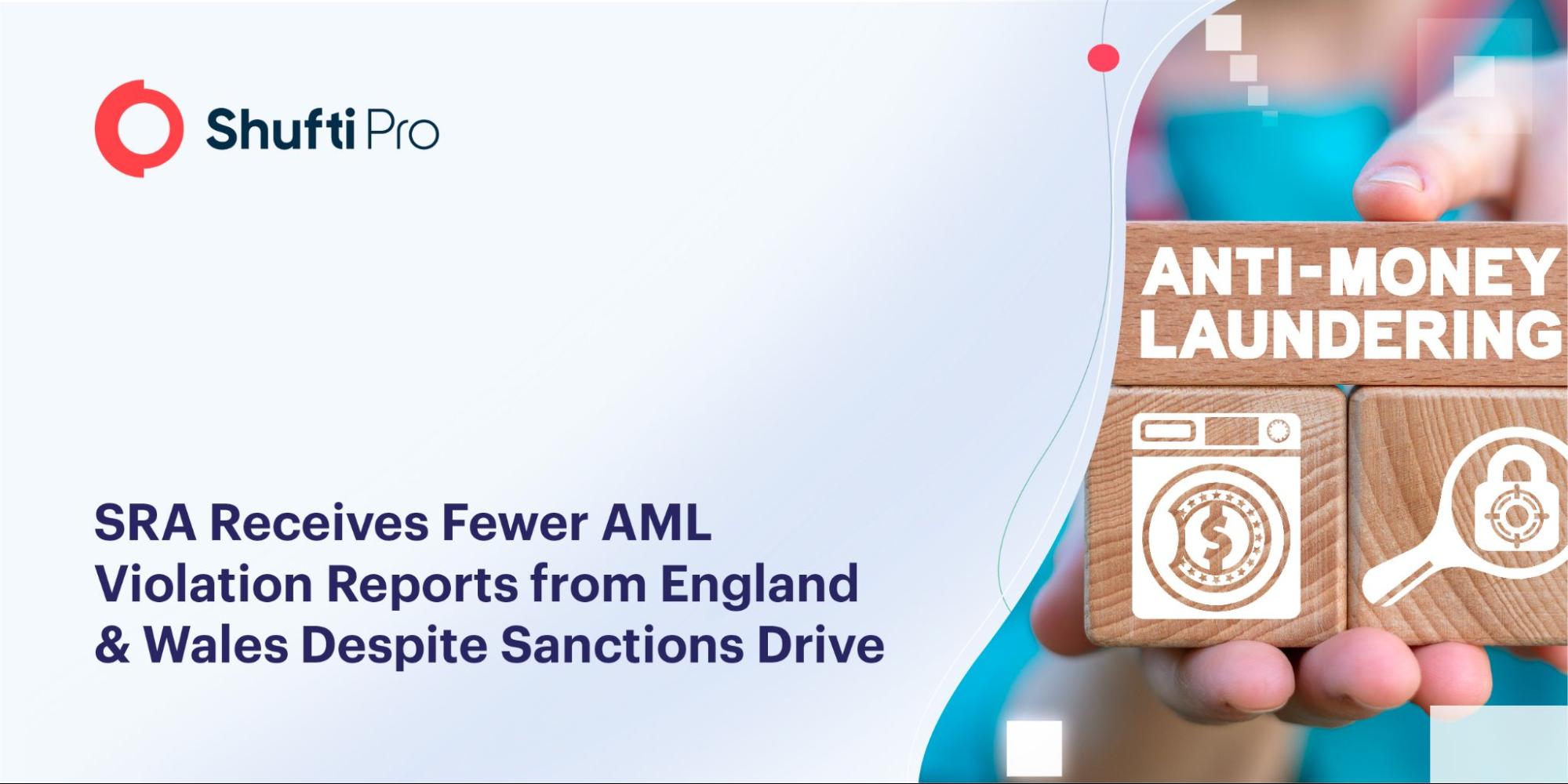 Explore More
Explore More
News
UAE Regulatory Authority Enforces Import Invoice Verification to Fight Trade-Based Money Laundering
United Arab Emirates (UAE) has implemented the latest compliance regulations for importing commod...
 Explore More
Explore More
News
FATF Removes Cayman Islands and Panama From Increased AML Monitoring List
In the last plenary meeting of the Financial Action Task Force (FATF) on October 27th, the Cayman...
 Explore More
Explore More
News
Bank of Lithuania Revokes License of UK Payments Firm for AML Failures
Transactive Systems Ltd., which processed more than €1 billion of payments every month, has had i...
 Explore More
Explore More
News
A lawsuit is filed against LifeLabs for a data breach incident
As reported earlier, the Canadian laboratory testing company, LifeLabs was hit with a cyber-attac...
 Explore More
Explore More
News
SFC Issues Warning on Unregulated Virtual Asset Platforms
Binance has announced that stock tokens will no longer be available on its website for purchase a...
 Explore More
Explore More
News
Cyber Attacks are More Frequent During the Holiday Season: CISA
The holiday season is always accompanied by deals, discounts, special offers and countless shoppi...
 Explore More
Explore More
News
ICAEW Calls for Professional Scepticism to Mitigate Money Laundering in UAE
The Institute of Chartered Accountants in England and Wales (ICAEW) and the UAE’s Accountants &am...
 Explore More
Explore More
News
BC Money Laundering Inquiry Report Calls for New Law Enforcement Unit
BC has released a money laundering report that carries multiple recommendations and includes the ...
 Explore More
Explore More
News
US Attorney General Warns about the Identity Theft this Holiday Season
The Federal Trade Commission states that more than 650,000 citizens’ identities have been comprom...
 Explore More
Explore More
News
New US Legislation Implemented to Enhance Supervision of Cryptocurrency Transactions
US lawmakers introduced a new bill, the “Off-Chain Digital Commodity Transaction Reporting Act,” ...
 Explore More
Explore More
News
Philippines to Exit FATF Gray List Next Year, Says Governor BSP
Felipe M. Medalla, the governor of BSP, says that the Philippines have one year to exit the FATF ...
 Explore More
Explore More
News
UAE Establishes Anti-Money Laundering Bodies to Enhance Global Monitoring
The United Arab Emirates is enhancing its money monitoring system to combat illicit cash flows, m...
 Explore More
Explore More
News
RBI Gives Stark Warning Against Emerging KYC Fraud
RBI states that sensitive details should not be disclosed via unverified or unauthorised channels...
 Explore More
Explore More
News
European Union to Propose Amendments in AML Package for Corporate Transparency
The European Parliament has proposed a series of amendments to the Anti Money Laundering (AML) pa...
 Explore More
Explore More
News
Austrac Warns of Money Laundering Risks Unless More Prosecutions are Conducted
Austrac has warned the law enforcement agencies in Australia that they must conduct more money la...
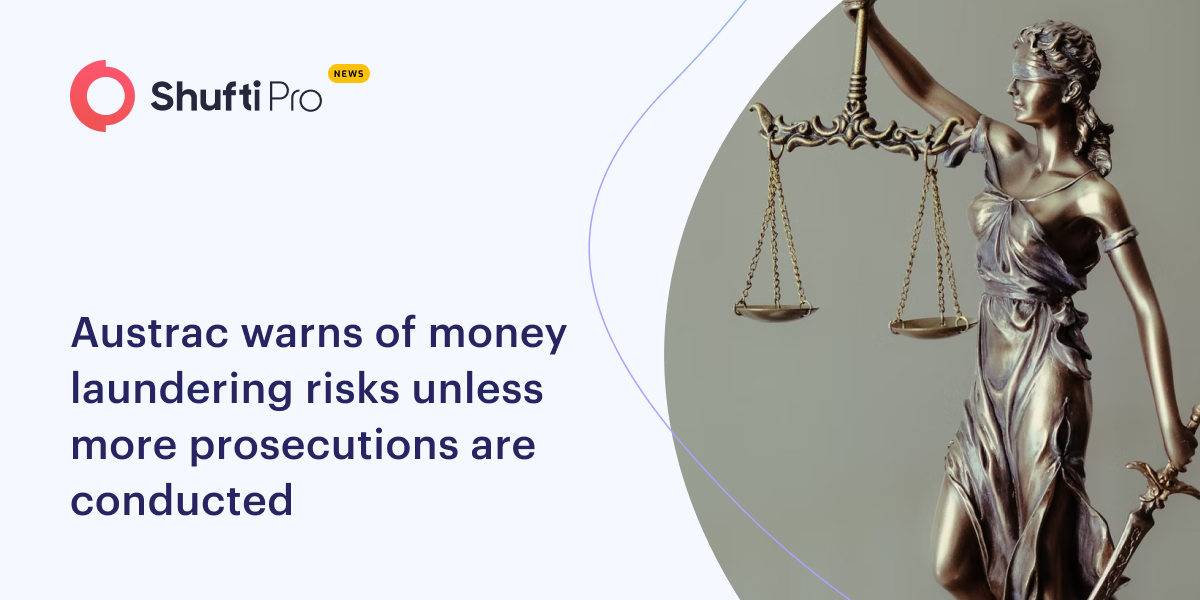 Explore More
Explore More
News
New South Wales (NSW) Government to Make Poker Machine Reforms after Victoria Introduces Strict Anti-Money Laundering Restrictions
The New South Wales (NSW) government of Australia continues to pressure gambling companies to str...
 Explore More
Explore More
News
UAE to Demonstrate Effective Financial Crime Prevention to be Removed From FATF Gray List
The economic secretary of the UK recently stated (April 25th, 2023) that the United Arab Emirates...
 Explore More
Explore More
News
CBUAE Introduces New Program to Boost Digital Transformation in Financial Services
UAE Central Bank has introduced a program that includes a new digital currency, open finance and ...
 Explore More
Explore More
News
Japan’s Airports Run Face Verification Trials for Passenger Onboarding
Tokyo’s Narita airport is running trials for a face recognition system for international travelle...
 Explore More
Explore More
News
New York Files Lawsuit Against Juul Following California and North Carolina
New York state is joining California and North Carolina in suing e-cigarette company, Juul, on th...
 Explore More
Explore More
News
Research and Data are Key to Developing Fair Crypto Regulations, Say Blockchain Experts
As global regulators are looking to have control over crypto, blockchain analysts say that lawmak...
 Explore More
Explore More
News
Drug Trade Proceeds Laundered Through Digital Currency ATMs, Says DEA
According to the U.S Drug Enforcement Administration’s report, digital currency ATMs are growingl...
 Explore More
Explore More











































































